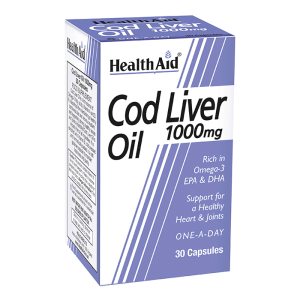Description
Omega-3 provides some healthy fat called fatty acids namely; DHA and EPA, which helps to maintain the bodys’ normal processes and circulation as well as maintain overall health. They are commonly found in plant oils and from marine animals. Other sources of omega 3 include fish and eggs from chicken fed on DHA and EPA sources. Humans and other mammals are unable to synthesize omega 3 and can only be obtained through diet. Omega 3 may improve heart health by: Decreasing triglycerides’ High triglycerides may contribute to the hardening of the blood vessels or thickening of the vessel walls ( a condition called arteriosclerosis) which increases the risk of stroke, heart attack and heart disease. Extremely high triglycerides can also cause acute swelling of the pancreas (pancreatitis) Blood pressure’ By reducing blood clotting, Omega 3 leads to a reduced risk of blood clots because it helps prevent blood platelets from clumping together. Caution should be observed if you are taking blood thinners. Talk to your pharmacist if you are on blood thinners such as warfarin, Xarelto, clexane,procorolan, plavix among others. Decreasing your risk of strokes and heart failure’ It reduces the risks by reducing your blood pressure and blood coagulation. Reducing irregular heartbeats’ People with higher-than-average levels of omega-3 fatty acids in their blood may be roughly 30 percent less likely than those with the lowest levels to develop irregular heartbeat (a condition known as arrhythmia)























